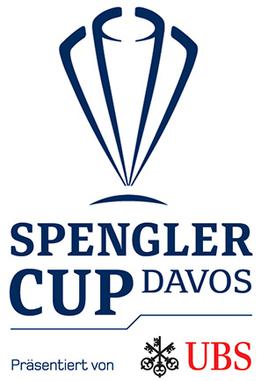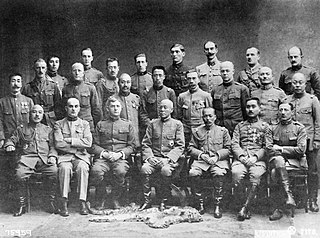Czechoslovak Canadians may refer to:
Czechoslovak Canadians may refer to:
Albert may refer to:
Aka, AKA or a.k.a. may refer to:
Ladislav is a Czech, Slovak and Croatian variant of the Slavic name Vladislav. The female form of this name is Ladislava.
National Socialist Party most often refers to the National Socialist German Workers' Party, commonly known as the Nazi Party, which existed in Germany between 1920 and 1945 and ruled the country from 1933 to 1945. However, similar names have also been used by a number of other political parties around the world, with various ideologies, some related and some unrelated to the NSDAP.
The 1st Czechoslovak Independent Armoured Brigade Group was an armoured unit of expatriate Czechoslovaks organised and equipped by the United Kingdom during the Second World War in 1943.
CST or Cst may refer to:

The Czechoslovak Legion were volunteer armed forces comprised predominantly of Czechs and Slovaks fighting on the side of the Entente powers during World War I and the White Army during the Russian Civil War until November 1919. Their goal was to win the support of the Allied Powers for the independence of Lands of the Bohemian Crown from the Austrian Empire and of Slovak territories from the Kingdom of Hungary, which were then part of the Austro-Hungarian Empire. With the help of émigré intellectuals and politicians such as the Czech Tomáš Garrigue Masaryk and the Slovak Milan Rastislav Štefánik, they grew into a force over 100,000 strong.

Czechoslovak Republic, was the official name of Czechoslovakia between 1918 and 1939 and between 1945 and 1960. See:

Czechoslovak may refer to:

The 1976 Canada Cup was an international ice hockey tournament held September 2 to 15, 1976, in Ottawa, Toronto, Montreal, Winnipeg and Quebec City in Canada as well as in Philadelphia, in the United States. It was the first of five Canada Cup tournaments held between 1976 and 1991, organized by Alan Eagleson, and sanctioned by the International Ice Hockey Federation (IIHF), Hockey Canada and the National Hockey League (NHL).

The Siberian intervention or Siberian expedition of 1918–1922 was the dispatch of troops of the Entente powers to the Russian Maritime Provinces as part of a larger effort by the western powers, Japan, and China to support White Russian forces and the Czechoslovak Legion against Soviet Russia and its allies during the Russian Civil War. The Imperial Japanese Army continued to occupy Siberia even after other Allied forces withdrew in 1920.
The 1978 Ice Hockey World Championships took place in Prague, Czechoslovakia from 26 April to 14 May. Eight teams took part, with each team playing each other once in the first round, and then the four best teams meeting in a new round. This was the 45th World Championships, and also the 56th European Championships. The USSR won for the fifteenth time, narrowly defeating the incumbent Czechoslovaks.

The siege of Dunkirk in World War II began in September 1944, when Allied units of the Second Canadian Division surrounded the fortified city and port of Dunkirk. The siege lasted until after the official end of the war in Europe. German units within the fortress withstood probing attacks and as the opening of the port of Antwerp was more important, the 21st Army Group commander, Field Marshal Bernard Montgomery, decided to contain but not capture Dunkirk with the 1st Czechoslovak Armoured Brigade. The fortress, commanded by Admiral Friedrich Frisius, eventually surrendered unconditionally to Brigadier General Alois Liška, the commander of the Czechoslovak brigade group, on 9 May 1945, a day after the surrender of Nazi Germany took effect.
Czech may refer to:
Kovařík is a Czech surname. Notable people with the surname include:
CSLA may refer to:
Švec is a Czech surname. It may refer to:
Seman, Semans or SEMAN may refer to:
Masar are occupational surnames meaning butcher in some Slavic languages. Notable people with the surname include: